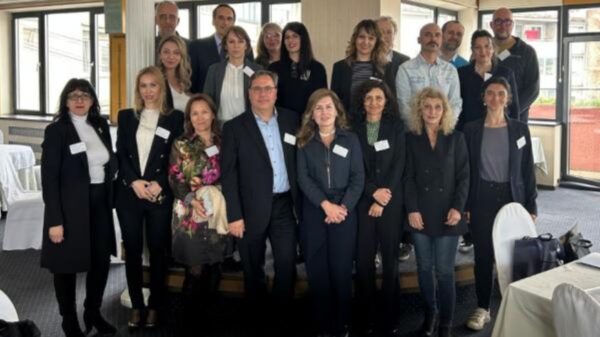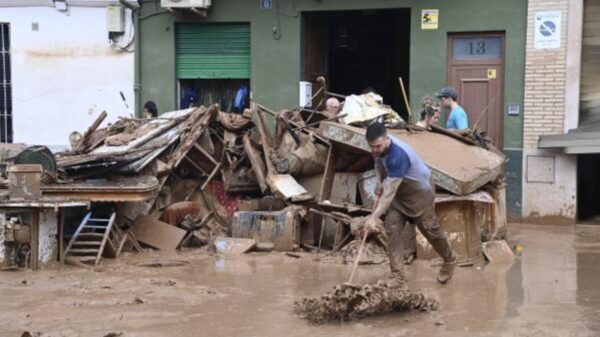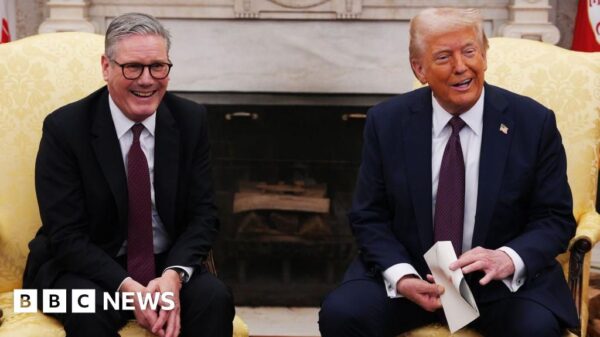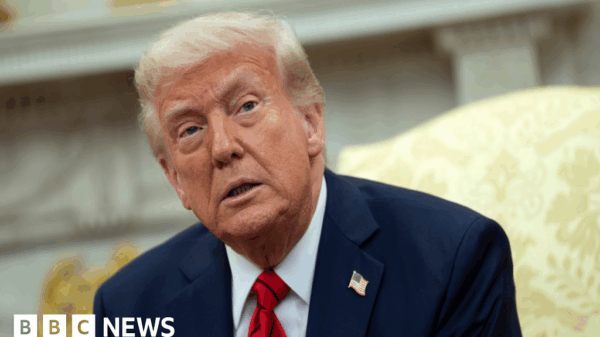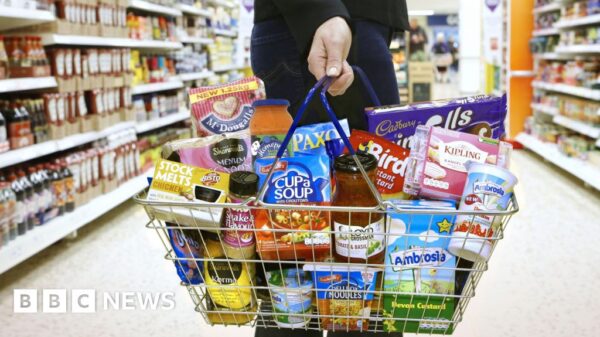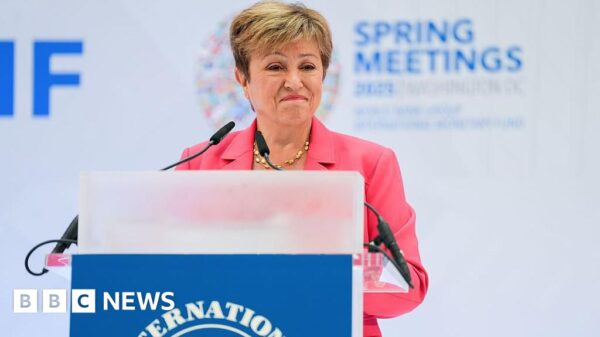On Tuesday (24 October) the Environment Committee adopted its position on measures to ensure sustainable pesticides use and reduce the use and risk of all chemical pesticides by at least 50% by 2030, ENVI.
In the text adopted with 47 votes to 37 and 2 abstentions, MEPs say that by 2030, the EU must reduce the use and risk of chemical plant protection products by at least 50% and the use of so-called “more hazardous products” by 65%, compared to the 2013-2017 average. The Commission proposed a 50% target for both based on the 2015-2017 average.
MEPs want each member state to adopt national targets and strategies, based on the substances sold per year, their hazard level and the size of their agricultural area. The Commission would then verify whether national targets need to be more ambitious to achieve EU 2030 targets.
In order to maximise the impact of national strategies, member states must also have in place crop-specific rules for at least those five crops where a reduction of the use of chemical pesticides would have the biggest impact.
Ban on chemical pesticides in sensitive areas
MEPs want to ban the use of chemical pesticides (except those authorised for organic farming and biological control) in sensitive areas, and within a five-metre buffer zone, such as all urban green spaces including parks, playgrounds, recreation areas, public paths, as well as Natura 2000 areas.
Integrated Pest Management and low-risk pesticides
MEPs say that EU countries must ensure that chemical pesticides are only used as a last resort, as set down in Integrated Pest Management.
To better equip farmers with substitute substances, they want the Commission to set an EU 2030 target for increasing the sales of low-risk pesticides, six months after the entry into force of the Regulation. At the same time, the Commission must also evaluate methodologies to accelerate the authorisation process of low-risk pesticides and biocontrol, as current lengthy procedures are a significant obstacle to their uptake.
The changes introduced by the new rules would be gradual to minimise any impact on food security.
Import from non-EU countries
By December 2025, the Commission must examine the differences in the use of pesticides on imported agricultural and agri-food products relative to EU produce and, if needed, propose measures to ensure imports meet EU-equivalent standards. In addition, the export of pesticides not approved in EU would be prohibited.
After the vote, rapporteur Sarah Wiener (Greens, AT) said: “This vote brings us one step closer to significantly reducing chemical pesticide use by 2030. It is very positive that we were able to agree on feasible compromises in an ideologically charged and industry-dominated discussion. Practical solutions have been found for example on sensitive areas where member states can make exceptions if needed. It was particularly important for me to ensure that independent advice on preventive measures based on integrated pest management would be offered free of charge to European farmers.”
Next steps
Parliament is scheduled to adopt its mandate during the 20-23 November 2023 plenary session, after which it is ready to start negotiations with EU member states.
Background
Parliament has, on numerous occasions, called for the need for the EU to transition to a more sustainable use of pesticides and called on the Commission to propose an ambitious and binding EU-target for the reduction of the use of pesticides. The proposal is part of a package of measures aiming at reducing the environmental footprint of the EU’s food system and mitigating the economic losses due to climate change and biodiversity loss.
More information
- Amendments, compromise amendments and voting list
- Procedure file
- EP Research: Sustainable use of plant protection products (29.11.2022)
- EP press: “Pesticides: Public hearing with pesticide firms on toxicity studies” (18.07.2023)
- EP press: “New EU farm to fork strategy to make our food healthier and more sustainable” (20.10.2021)
- EP Research: Revision of Directive 2009/128/EC on the sustainable use of pesticides (02.09.2022)
- Infoclip: Sustainable use of pesticides
- EP Multimedia Centre: free photos, videos and audio material
- Committee on the Environment, Public Health and Food Safety

